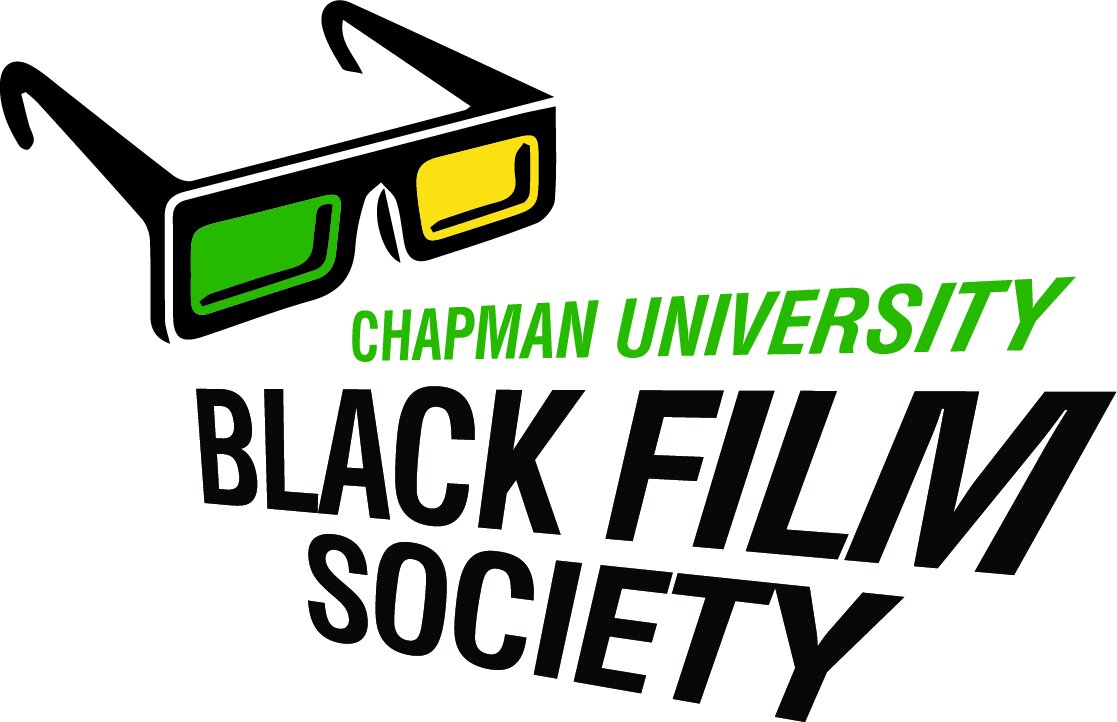Freshman announces new student organization ‘Black Film Society’
Madison Welborn, a freshman film production major at Chapman, is trying to increase membership for her newfound student organization called the “Black Film Society.”
Despite being in just her first year at Chapman University, Madison Welborn, a freshman film production major, has made herself known — most clearly during Barry Jenkins’ virtual appearance at a master class hosted by Chapman University’s Dodge College of Film and Media Arts Feb. 24.
With passion in her voice, a spark in her eye and a smile from ear to ear, she announced a new student organization she’s running to Jenkins and other attendees: the Black Film Society. Within minutes, students bombarded the chat with questions of where and how they could sign up as a member of the club, which has been up and running as of early January.
“I wanted to create a space where people in the Black community at Chapman can have a space to discuss the Black experience and can have a way to navigate through the film industry,” Welborn told The Panther. “Not just in front of the camera, but behind it as well. Since it is a predominantly white industry, having that safe space where you can talk to people who are like you is much-needed.”
Madison Wellborn, founder of the Black Film Society and freshman film production major
Although Welborn’s club was designed to support Black students with aspirations to pursue careers in the film industry, she emphasized being open to including students from various walks of life.
“I want to promote arts and artists who represent blackness and the Black culture,” Welborn said. “But I’m opening my club to all ethnicities. It should be open to them because after the events that took place in 2020, we saw all races come together in a way that we hadn't seen before. A lot of non-Black ethnicities wanted to learn ways in which they could support the Black community and I think this club is one of the ways.”
Ebony Jordan, a sophomore screenwriting major, told The Panther she appreciated the sentiment as it presented more opportunities for building varied connections in the industry. However, Jordan, a member of the student organization, is also excited to have a safe space where she can establish friendships with people she can relate to.
“I like that it includes all ethnicities, but is geared to support people of color,” Jordan said. “It's comfortable that way, since Chapman is a predominantly white school. I’ve joined clubs before and felt out of place, so for me it provides comfort and community.”
Since the Black Film Society has only been up and running as of early January, Welborn’s focus has remained on promoting and advertising the club to prospective students. With a current roster of seven members, she hopes to attract more through collaborations on early March screenings of the films “Hollywood Shuffle” and “Bamboozled” with the Dodge College student organization The Film Society. As Welborn’s club gains further representation, she plans to host biweekly Zoom meetings on Fridays.
In the meantime, Welborn is reaching out to members for their insight on specific events and activities they hope will be held. Since the film industry is hands-on and collaborative, she is exploring new ways to be creative with the pandemic-induced virtual environment, she said.
“My mom is a publicist and knows people across the board, so she is helping me reach out to celebrities to ask them to host master classes,” Welborn said. “Students also might want to present their scripts and get feedback. I believe the majority of the members will be in Dodge (College), so giving them the opportunity to share their work and receive feedback will be important for their success and creativity.”
Richard Kouar, a sophomore film production major, told The Panther that he is eager to learn more about Black filmmakers and connect with other filmmakers like him as part of the club.
“I want to learn about Black filmmakers, like those of the (Los Angeles) rebellion generation,” Kouar said. “And I want there to be screenings of films of lesser-known Black filmmakers alongside more mainstream ones.”
When meetings are allowed to transition back to an in-person setting, Welborn believes her club will grow more followers.
“I’m hoping to continue doing what I’m doing now but in person,” Welborn said. “The in-person screenings would be a more valuable experience and there would be less of a concern for internet connection problems. But even with the online platform, you can still get creative virtually.”


